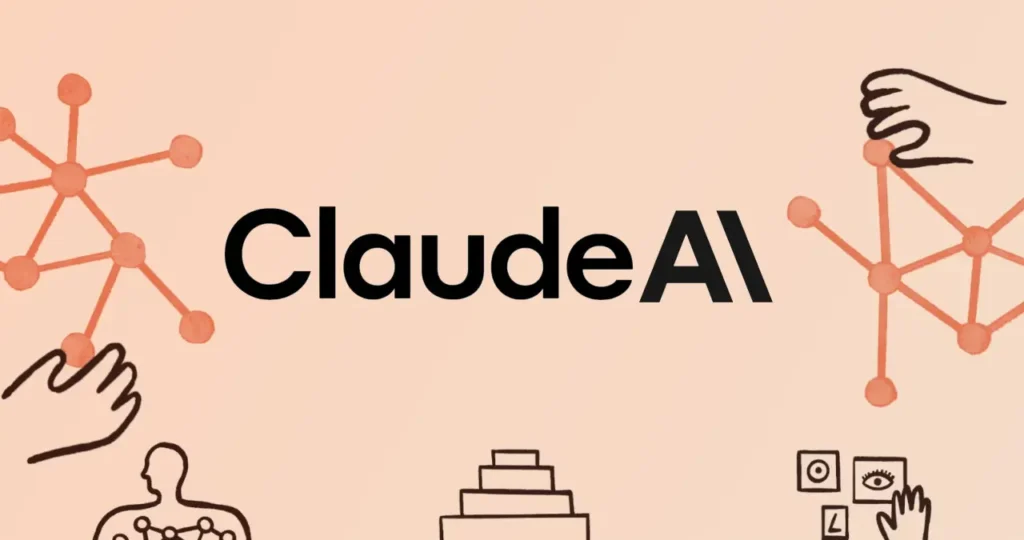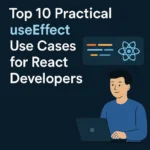In the evolving world of artificial intelligence, thisAI has emerged as a game-changer in Natural Language Processing (NLP). Developed by Anthropic, this AI models stand out for their ethical framework, human-like interaction, and capability to understand complex language patterns. In this article, we’ll explore the 5 most powerful this AI models, their real-world applications, and why they are revolutionizing the field of NLP.
What is Claude AI?
this AI is a family of large language models (LLMs) developed by Anthropic, a safety-first AI research company. Named after Claude Shannon—the father of information theory this AI is designed for reliable, interpretable, and steerable conversations. It competes directly with Open Ai’s GPT and Google’s Gemini AI.
Why Claude AI is Important in NLP
AI plays a crucial role in NLP because it focuses on:
Safe and Ethical AI interactions
Human-level language understanding
High-context comprehension
Low toxicity in responses
5 Claude AI Models Revolutionizing NLP
Below are five AI models currently shaping the future of AI-powered text understanding and interaction.
1. Claude 1 (Foundational Model)
Launched: March 2023
Strength: Contextual awareness, balanced tone
Claude 1 was Anthropic’s first major release. It introduced a highly capable general-purpose model for chatbots, summarization, and data extraction.
Use Case: Automating customer queries for e-commerce platforms.
2. Claude 1.2 (Enhanced Stability Model)
Launched: July 2023
Strength: Better performance and fewer hallucinations
Claude 1.2 improved the core model’s stability and reasoning capabilities. It became suitable for tasks like legal document summarization and HR onboarding.
Use Case: Drafting employee handbooks with legal accuracy.
3. Claude 2
Launched: October 2023
Strength: Larger context window (100K+ tokens), reliable coding
Claude 2 introduced a massive context window, allowing it to read and summarize entire books, technical documentation, or research papers.
Use Case: Assisting in academic research and software documentation.
4. Claude 2.1
Launched: December 2023
Strength: Fine-tuned reasoning and improved factuality
Claude 2.1 is especially good at complex reasoning and precise outputs. It integrates seamlessly with tools like Slack, Notion, and custom enterprise platforms.
Use Case: AI-powered meeting assistants summarizing conversations with action points.
5. Claude 3 (Flagship Model Series)
Launched: March 2024
Models: Claude 3 Haiku, Claude 3 Sonnet, Claude 3 Opus
Strength: Multimodal capabilities (text + image), advanced reasoning
Claude 3 brought multimodality and a significant jump in intelligence. With Claude 3 Opus, the model outperformed GPT-4 in several benchmarks.
Use Case: Running AI chatbots that can understand visual content and provide customer support.
10 Real-World Examples of Claude AI in Action
Customer Support AI – Claude 2.1 handling 10,000+ daily queries for a telecom company.
Legal Drafting – Claude 1.2 used to generate NDA templates with 99% accuracy.
Book Summarization – Claude 2 summarized “Sapiens” into a 3-page digest.
Slack AI Assistant – Claude 2.1 used in Slack for meeting note automation.
Healthcare Triage Bot – Claude 3 Opus used in clinics to route patient queries.
Code Explanation – Claude 2 helping developers understand legacy code.
Educational Tools – Claude 2.1 powering an AI tutor for SAT prep.
Data Labeling for ML – Claude 1 used for classifying customer feedback.
Multilingual Translations – Claude 3 translating and localizing content for global brands.
Content Creation – Claude AI writing SEO-optimized blogs for marketing teams.
Advantages of Claude AI in NLP
✅ High accuracy and factual reliability
✅ Large context windows for deeper understanding
✅ Strong ethical safeguards (Constitutional AI)
✅ Multilingual capabilities
✅ Seamless integration with existing tools
Limitations to Consider
While this AI excels in many areas, it has some limitations:
Not open-source (proprietary)
Can be less creative than GPT in writing tasks
Still under rapid development, with some features limited to enterprise users
FAQs
1. What is AI?
- AI is a suite of advanced language models developed by Anthropic, designed for safe and ethical Natural Language Processing tasks.
2. Who created AI?
- developed by Anthropic, an AI safety research company co-founded by ex-Open AI researchers.
3. What makes AI different from ChatGPT?
- AI focuses more on safety, long-context reasoning, and ethical alignment using Constitutional AI.
4. Can AI be used for coding?
- Yes, capable of writing, reviewing, and explaining code across various programming languages.
5. How does AI ensure ethical outputs?
- AI uses a technique called Constitutional AI, where it is guided by a set of rules to avoid harmful content and maintain fairness.
6. Is AI better than GPT-4?
- Claude 3 Opus performs on par or better than GPT-4 in some benchmarks, especially in ethical reasoning and summarization.
7. Can AI generate images?
- No, AI focuses on text and NLP tasks, although Claude 3 can interpret images (multimodal).
8. Is AI available for free?
- AI has both free and paid access via Anthropic’s official interface or through integrations like Notion AI or Slack.
9. What industries use AI?
- AI is used in healthcare, education, finance, e-commerce, legal, and software development sectors.
10. How to access AI?
- You can access AI via claude.ai, or through integrations in tools like Notion, Slack, or enterprise APIs.
Conclusion
AI has firmly established itself as a major player in the NLP space. With a safety-first approach, powerful AI models, and real-world usability, it is revolutionizing how we interact with machines using human language. Whether you’re building a chatbot, summarizing research, or creating educational tools AI offers a robust and reliable platform.




